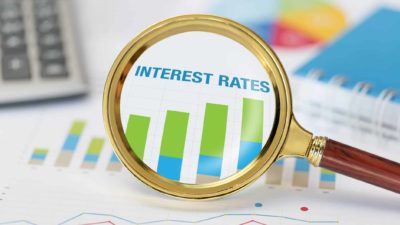The NIB Holdings Limited (ASX: NHF) share price has increased by 22% over the past year,. however, in the last 6 months NIB shares have seen a downward trend.
Reasons for the NIB share price's downward trend
The ABC reports that "more than 2 million Australians have dumped their private health insurance in the past five years." A contributing factor is the premium increase of 3.25% in 2019, which exceeds wage growth of 2.3%, as reported by ABC.
Premiums growing at a faster rate than wage growth is significant, because this leads to household budgets becoming stretched and can result in people needing to downgrade insurance coverage or cut it out entirely.
Steve Crane, chairman of NIB stated in the company's 2019 Annual Report:
[P]rivate health insurance (PHI) has not been immune to the affordability challenges many households are confronting. And there's no shortage of political and media commentary taking a swipe at our industry for not doing enough.
However, the weakness in private health insurance doesn't appear to be impacting NIB's 2019 financial statements, with revenue up 8.3%, earnings per share up 11.9%, dividends up 15%, net investment income up 22% and net profit after tax up 11.8%. However, net policyholder growth was down on the previous year at 2.1%.
While NIB is growing strongly, the decrease in policyholder growth, political pressure and medical cost inflation is concerning to me. This points to future earnings being impacted over the long term.
Nevertheless, the government will likely do what it can to ensure that the industry survives to ease pressure on the public health system. Due to many people cutting policies, I believe swift action needs to be taken to make private health insurance attractive. This could be achieved by keeping premium increases low, increasing the value of holding a policy and keeping medical cost inflation under control.
Recently, the government has implemented policies to encourage young people to take up private health insurance through discounts on premiums based on age, along with simplifying the level of coverage into bronze, silver and gold categories – bronze being a basic, silver mid-level and gold being a comprehensive policy. It will be interesting to see how this is working in the upcoming earnings season.
Foolish takeaway
While NIB isn't performing poorly, the NIB share price has fallen from a 52-week high of $8.20 to a share price of $6.47 at time of writing. This may be a buying opportunity for investors that believe the issues surrounding the sector are short term and are likely to be resolved soon. Personally, I would like to see a turnaround in the number of people cancelling their policies in the industry before investing.








